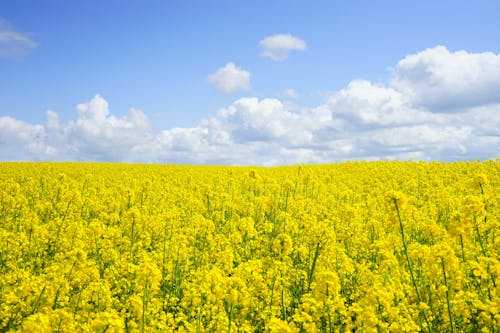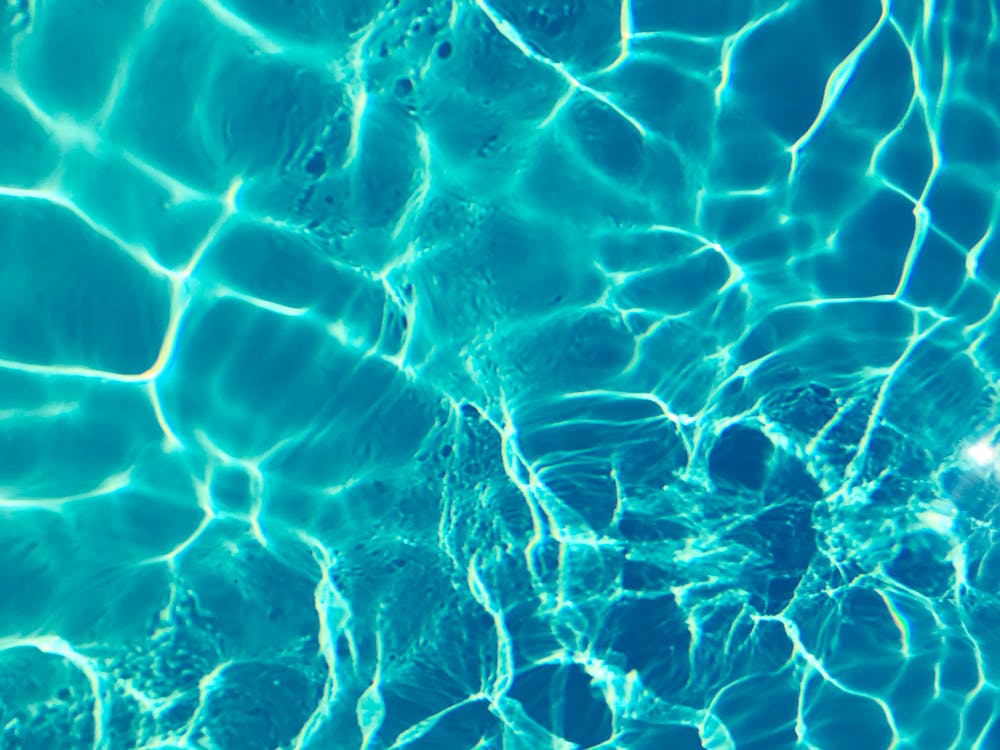Do you see a dusty (or cloudy) yellowish hue on the surface of your pool? That’s pollen. One bane of pool owners in spring and summer.
What can you do about it? How can you clean this pollen buildup in your pool water easily?
In this article, we will show you how to clean pollen on your the surface of your pool.

The most important thing at this stage is to understand the following points. It is not very difficult to get rid of, as long as you work on it a little every day, during the periods when the pollen is abundant.
1. Operate your filtration
Most of the time, it is not necessary to run your filter 24 hours a day, 7 days a week. But when you have a pollen problem, the filtration system is your best defense in removing it from the surface of the water.
If necessary, put it on forced and continuous, the time to skim the surface. This may not be enough, but it is the first instinct to adopt.
As the pollen deposit is subjected to the sandstones of the wind, it may also be necessary to temporarily modify the direction of the water jet from the discharge nozzles. The idea here is to reach the dead zones of the basin to force the pollens to go towards the skimmers.
Do not forget to open the skimmer valves to 100% and the bottom drain to 50% if there are bottom deposits.
This will greatly reduce the amount of manual labor required to rid the pool of this pollen.
Of course, throughout this phase, check the state of the pressure of the filter (manometer) and the amount of waste in the baskets of the skimmers or the pump pre-filter. Clean them as soon as they are too dirty.
2. Skim the water regularly
Every morning (and maybe the afternoon too), take a very fine-meshed landing net and put it in the water to collect the pollen that has accumulated overnight.
Unfortunately, you will have to repeat this process more than once a day during periods of high pollen distribution.
Remember that an ordinary landing net is generally not as effective as its mesh/braiding is often too large to trap pollen.
At a minimum, you have to push as much pollen as possible into the water flow that goes from the delivery nozzles to the skimmers. Without forgetting to clean the water line if necessary.
3. Aluminum sulphate
Some pollens are simply too small to be captured by a dip net. They will even pass through the filtration system and return to the pool.
To get rid of this type of pollen, you can add aluminum sulfate to your water. It has the effect of clumping the pollens together to form a thicker substrate.
The filter and the landing net can thus capture them more easily. The landing net allowing them to be completely removed from the filtration circuit.
4. Shock the pool
When fighting pollen, it’s a good idea to shock the pool at night, before going to bed.
It will kill whatever has made your pool a good place to call home, because of the pollen floating around in the water.
With the filtration working continuously overnight (if you leave it running – recommended) or restarting it the next morning, you will be able to more easily remove whatever is left in the water.
5. Vacuum if necessary
Sometimes simple surface skimming and continuous filtration are not enough. If the pollen is particularly heavy in your area, you may need to vacuum the pool manually.
Do this as a last resort and only if necessary, so as not to consume water and electricity unnecessarily.

Remember, pollen is life!
When you have a swimming pool, you want the water to always be clean and clear. And it’s always frustrating to see your pool covered in a yellowish, floating substance.
In the face of pollen, there is no other alternative than action. It doesn’t take much time. The most important thing is to be methodical and regular during periods of pollen proliferation.
Doing nothing will inevitably lead to a degradation of the chemistry and the water balance. It will quickly cloud, turn, and be taken by algae .
It is often at times when one does not bathe yet because the water is too cold. So it doesn’t have too much of an impact. But if it does, your swimmers, and perhaps your allergies, will thank you.
Pollen is unfortunately inevitable. It is also, and fortunately, essential to the renewal of nature and its natural cycle. Our own survival depends on it. You also have to know how to savor and have fun in these little moments. This is also the swimming pool.
And if, despite all your precautions and hard work, you can’t get rid of those pollens or keep your water clear and crystal-clear, get someone to help.



